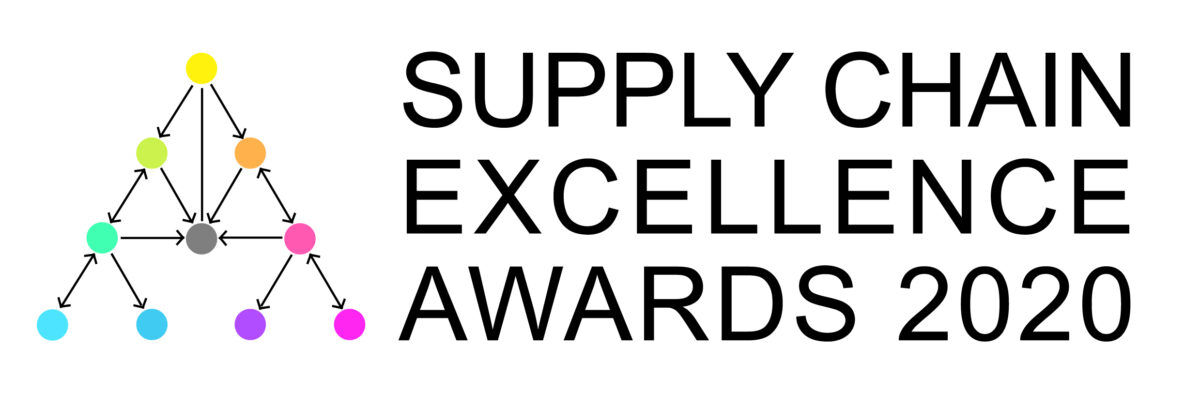The credit squeeze resulting from the recession put the focus firmly on supply chain finance as major corporations got to grips with the fact that some of their suppliers were struggling to finance their activities
Author: supplychainmag
Unilever has just announced that it has cut its carbon dioxide output by one million tonnes over the past five years – a significant milestone
The fall-out from the horsemeat scandal is continuing with research showing a slowdown in the growth of the £2bn ready meals market
The British government has just launched the competition for rounds 3 and 4 of its Advanced Manufacturing Supply Chain Initiative
As pressure mounts on major corporations to be seen to be operating in a sustainable way, it has opened up a world of opportunities to a new breed of organisation dedicated to helping them get their supply chains in order
Traditional statistics attribute the full commercial value of imports to the last link in the production chain even where the contribution made by that final link has been minimal. The points is made by WTO director-general Pascal Lamy
Ask anyone to describe the innovation process and what they come up with will probably involve a small group of boffins working isolation from the rest of the world. But the world is changing, as Nokia’s Kari Kulojärvi made clear today
Banks have taken quite a bashing over the past few years. First there were the heavy (and for some, continuing) losses, then there was payment protection mis-selling and the Libor scandal, plus the ongoing rumblings about the bonus culture
Everyone knows that supply chain collaboration is a good thing – or do they? Only one fifth of finance directors view their suppliers as strategic partners, according to a survey by Expense Reduction Analysts, a firm of procurement advisors
“We will open up our supply chain and give you more information than any retailer has before to enable you to make informed choices about the food you buy for your family.”






